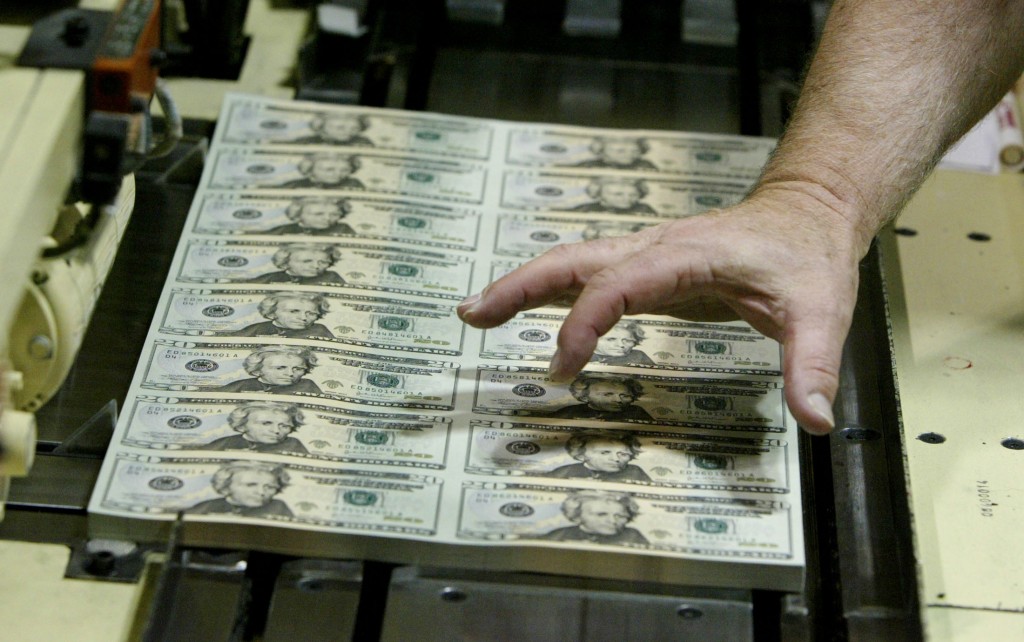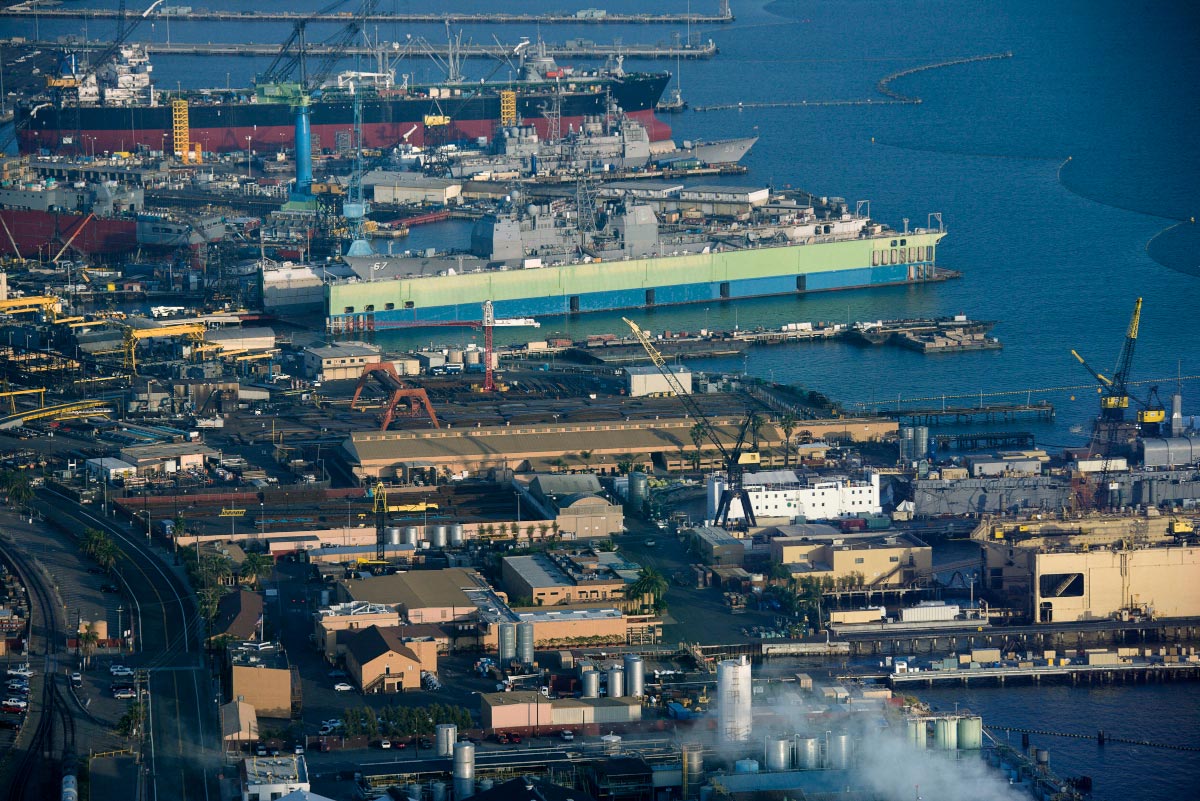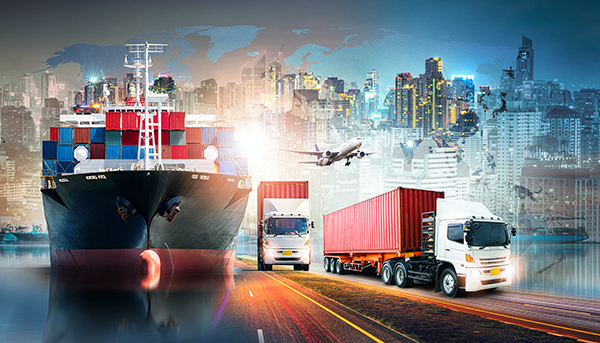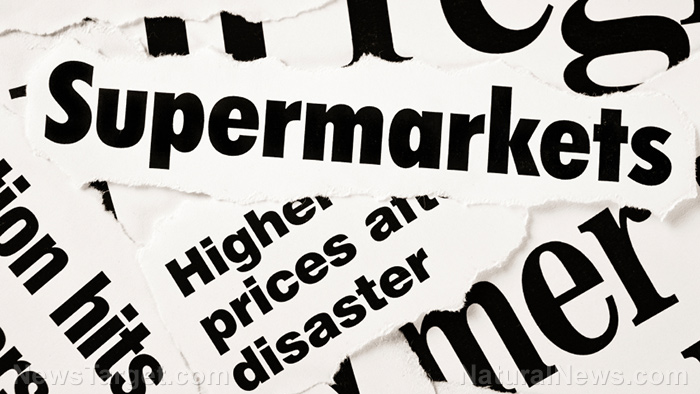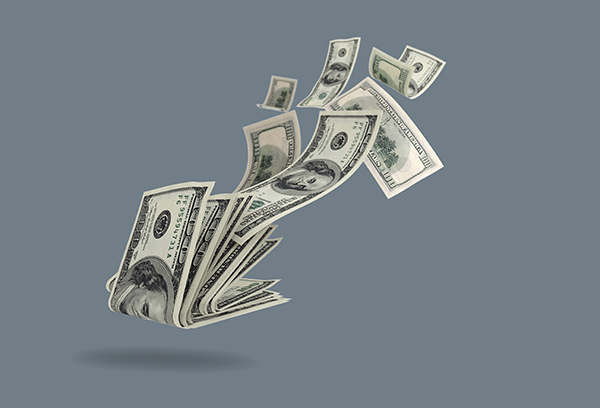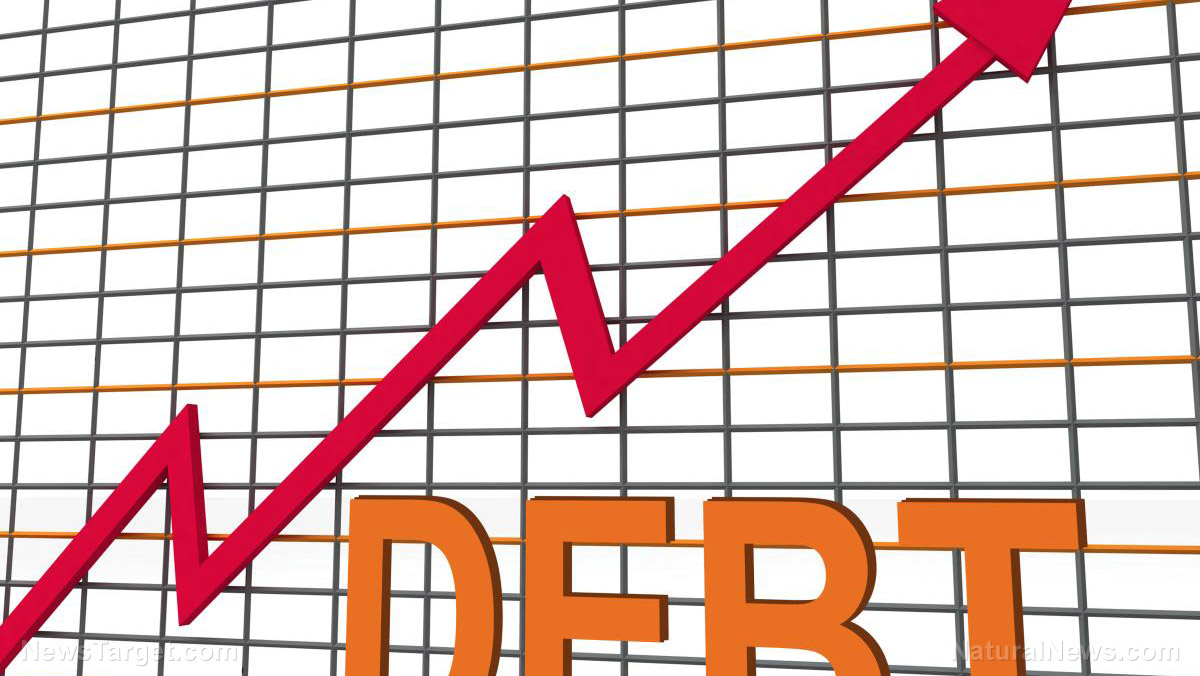Stocks of shipping companies plummet as supply chain crisis worsens
04/27/2022 / By Arsenio Toledo
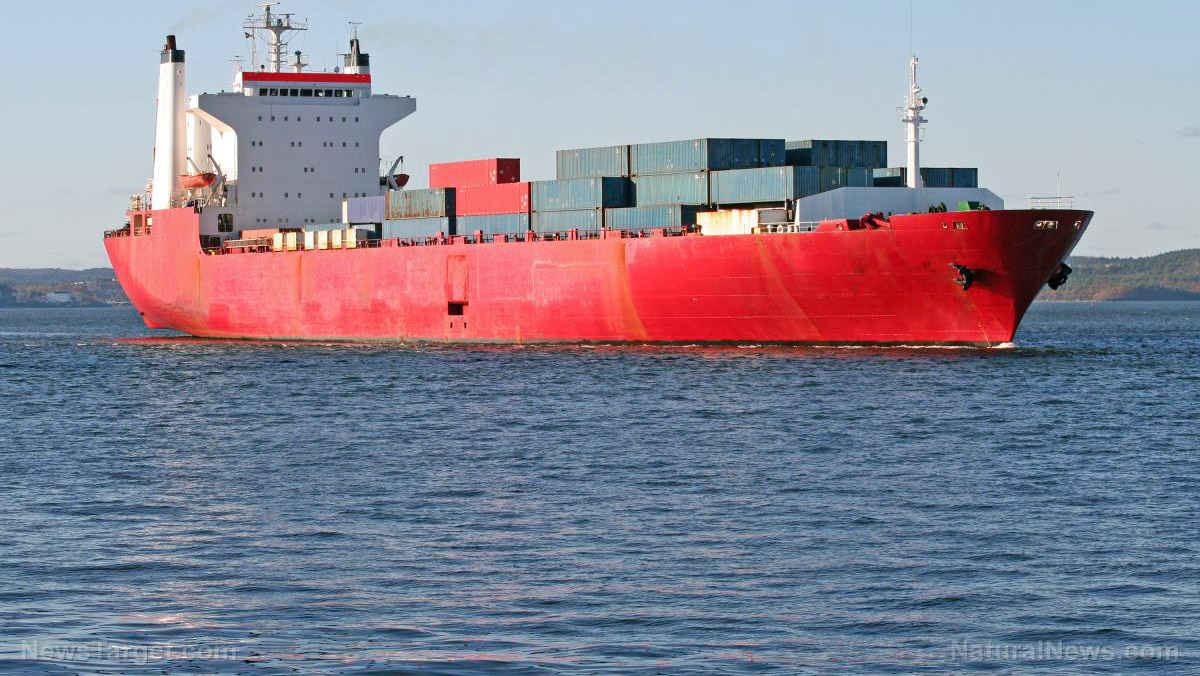
Stocks of major shipping companies fell sharply on Monday, April 25, even as Wall Street’s main stock indexes closed on a high note. Many of them sank by double digits.
Shipping stocks have long been regarded as good investments. For the past two years, shipping firms have seen massive – often record – growth and profit as these companies have taken advantage of soaring demand for shipping along with constrained supply. But Monday’s stocks dip shows that this period of record growth may soon end. (Related: IMF WARNS: Rising shipping costs are affecting inflation, raising prices of everyday goods.)
Shares of container stocks have been under immense pressure since late March, as the entire industry reacts to events worldwide, including the economic fallout caused by the sanctions placed upon Russia and the Wuhan coronavirus (COVID-19) lockdowns in China.
But despite the pressure, the stocks of dry bulk and tanker companies didn’t experience a downward turn until last week, coinciding with an economic forecast downgrade by the International Monetary Fund and worsening news about the economic situation in China.
Among tanker companies, Nordic American Tankers experienced the largest loss, with its stocks dipping by 13 percent. The company is followed by tanker owner Tsakos Energy, whose stocks fell nine percent.
Among dry bulk companies, EuroDry plunged by a whopping 19 percent, followed by Genco Shipping & trading, which fell 12 percent, and Eagle Bulk and Golden Ocean, which both experienced dips of 11 percent.
Mixed-fleet owners Navios Holdings and Costamare also experienced massive stock dips, losing 15 percent and 10 percent value, respectively.
Container shipping companies fared better, but the value of their stocks still fell. Danos fell by seven percent, followed by Zim and Global Ship Lease, whose stocks fell six percent each.
The fall in stock values for dry bulk, tanker and container shipping companies mirrors a downturn for domestic freight transport stocks, which are still dealing with unresolved supply chain issues.
Shipping industry experiencing a lot of pressure
Simon Heany, senior manager for container research with consulting firm Drewry, warned that the short- and long-term unpredictability in the shipping industry was the most extreme it has been in his 20 years of work in the industry.
“Congestion and supply chain issues are currently the number one market driver, and have been for the two years of the pandemic,” said Heany. “Logistics capacity was stripped at a time of high demand, and as long as that inefficiency is still there, carriers will continue to profit. The question is how long that will last. Eventually, things will normalize, and if you kick away that pillar, the market fundamentals are not quite as strong.”
Some of the laundry lists of challenges facing the shipping industry include higher oil prices, bunker costs and the negative pressure on demand, which was already on the brink with rising inflation. Rising operating expenses, including soaring shipping prices, are also a strong factor.
Current events around the world are also heavily influencing the state of the shipping industry. The COVID-19 lockdowns in China are hampering the production of goods and reducing their flow.
“The latest information from China suggests that lockdowns have curbed domestic oil demand by almost one million barrels per day,” wrote chartering and market analysis platform Alphatanker on Monday.
“As Chinese demand has taken a bit, refiners have reduced their activity … [and] in turn, this has seen Chinese seaborne crude imports drop back by around 1.6 million barrels per day year-over-year, to 10.1 million barrels per day in March, the lowest since last October.”
“Demand [for tanker shipping] is being walloped,” wrote Alphatanker.
Watch this episode of the “Health Ranger Report” as Mike Adams, the Health Ranger, talks about how the COVID-19 supply chain collapse was merely a warm-up round for the greater economic collapse that is coming.
This video is from the Health Ranger Report channel on Brighteon.com.
More related stories:
If you think the supply chain collapse is bad now, just wait until summer.
China’s draconian COVID restrictions are CRIPPLING supply chains worldwide.
Shanghai lockdown causing cargo backlog ripples throughout China.
War in Ukraine halts almost all shipping in the Black Sea, threatening global supply chain.
Sources include:
Submit a correction >>
Tagged Under:
Bubble, chaos, China, Collapse, debt collapse, economic collapse, finance, lockdowns, market crash, pandemic, panic, risk, shipping industry, stocks, supply chain, supply chain crisis
This article may contain statements that reflect the opinion of the author
RECENT NEWS & ARTICLES
COPYRIGHT © 2017 MARKET CRASH NEWS

